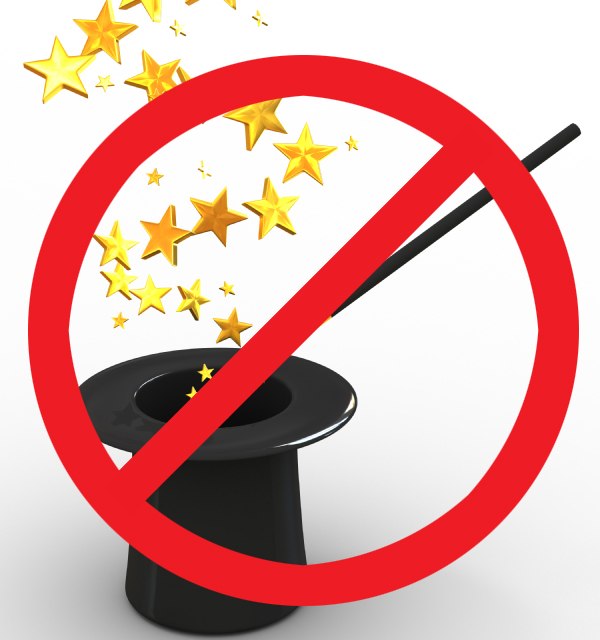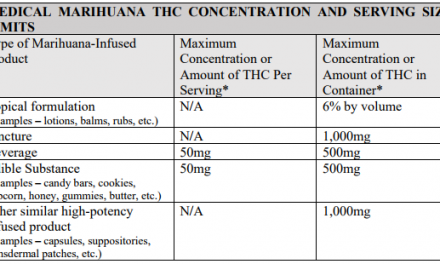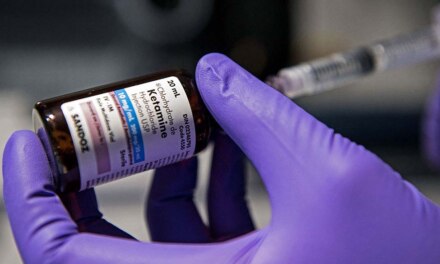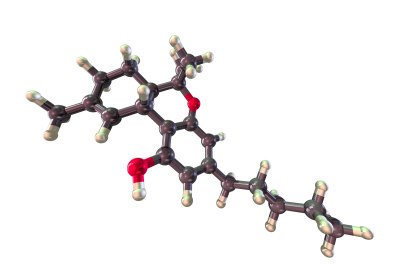My son tells me LSD is a cure for alcoholism. Is that actually true? I have to ask”
Be nice, wouldn’t it?
This has recently gone viral in response to articles in the world press about results obtained by a team of Norwegian researchers who reviewed 6 different studies involving some 500-plus heavy drinkers. Two-thirds of the drinkers were given LSD as part of their treatment. The remainder received other treatments. About 60% of the LSD users were able to avoid further abuse of alcohol for a period of around three to six months, versus slightly less than 40% of the non-LSD group.
That doesn’t represent a cure, by any means.
The important point: the studies were conducted in the 1960’s and early 70’s. Forty or fifty years ago.
So how then is this news? The results were already known.
The Norwegian study reflects an ongoing effort to restore the right of researchers to conduct studies involving therapeutic uses of LSD. The data is really old because that’s all they have. LSD has been banned to researchers in many of the world’s nations, mostly because of its reputation as a popular drug of abuse.
Could LSD conceivably benefit some alcoholics? Bill Wilson, one of AA’s co-founders, certainly thought it helped him, although he was already long sober. LSD is a very potent substance — it’s dosed in millionths of a gram — that acts on serotonin, the body’s major inhibitory neurotransmitter. So it could indeed have some antidepressant effect that would help some alcoholics.
But a cure? And proven? No.
LSD isn’t alone. The amphetamine MDMA (commonly known as Ecstasy) was originally used in experiments with depressive patients, with some promise. It, too, found its way to the streets. The government stepped in and stopped the experiments. The scientists are still trying.
There are several so-called ‘natural’ hallucinogens — for instance, the Amazon plant ayahuasca — that have also been promoted as of value in psychological healing. Again, the research, where it exists at all, is sketchy. Scientists blame that on legal restrictions. Governments argue against further experimentation based on the potential for abuse.
As always, stay tuned.













